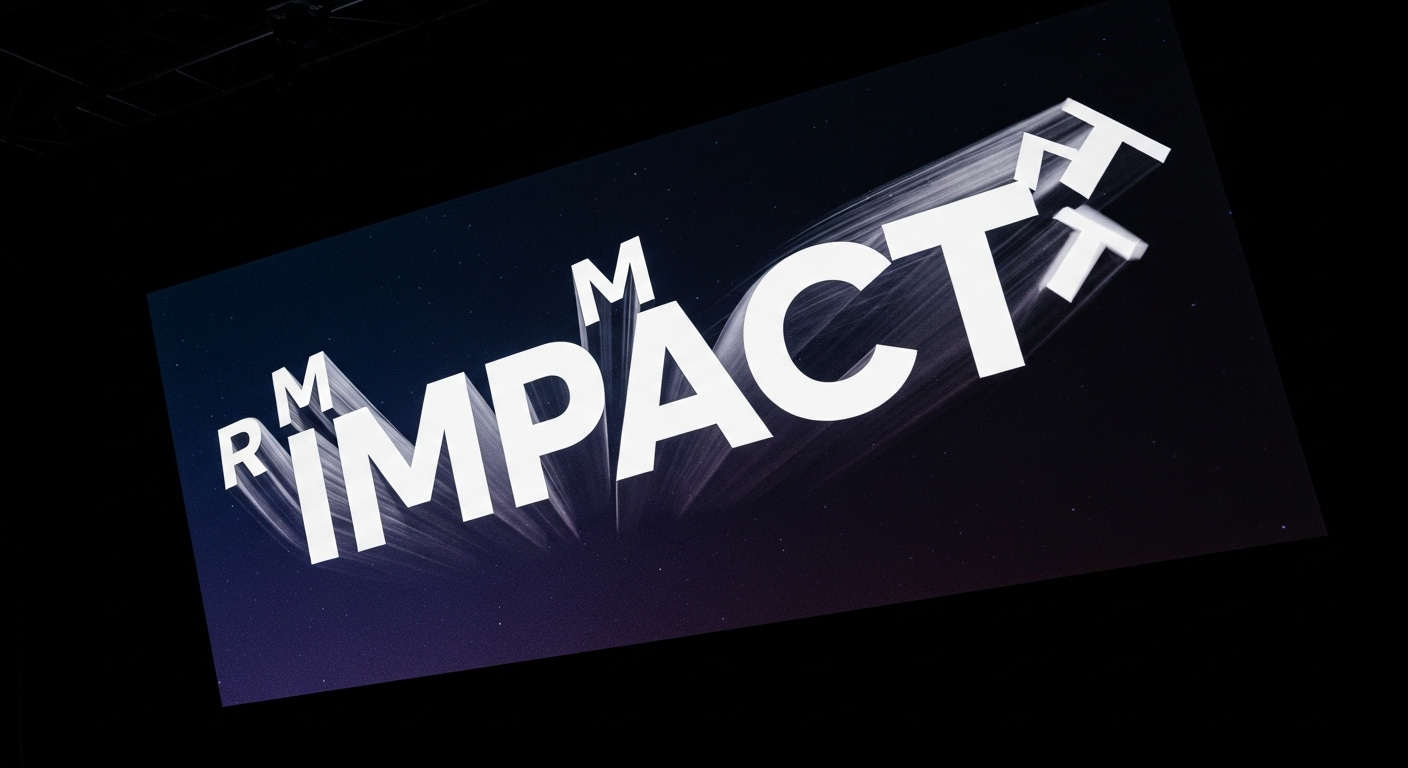Understanding Dental Insurance: Coverage, Benefits, and Considerations
Dental insurance is a specialized form of healthcare coverage designed to help individuals and families manage the costs associated with dental care. From routine check-ups to more complex procedures, dental insurance plays a crucial role in maintaining oral health while potentially reducing out-of-pocket expenses. As an essential component of overall healthcare, understanding the nuances of dental insurance can significantly impact one's financial and physical well-being.

How does dental insurance work with dentists?
Most dental insurance plans work with a network of dentists who have agreed to provide services at pre-negotiated rates. These in-network dentists typically offer lower costs to patients with dental insurance. While many plans allow you to see out-of-network dentists, doing so may result in higher out-of-pocket expenses. It’s essential to check with your insurance provider to understand which dentists are in-network and how coverage differs for out-of-network care.
What are the benefits of having dental insurance?
Dental insurance offers several advantages beyond just financial savings. Regular dental visits, which are often fully covered by insurance, can help detect oral health issues early, potentially preventing more serious and costly problems down the line. Additionally, having insurance can make it more likely for individuals to seek necessary dental care, as the reduced out-of-pocket costs make treatments more accessible. This proactive approach to oral health can contribute to better overall health outcomes, as many systemic health issues have been linked to poor oral hygiene.
Are there limitations to dental insurance coverage?
While dental insurance provides valuable benefits, it’s important to be aware of its limitations. Most plans have annual maximums, which cap the amount the insurance will pay in a given year, typically ranging from $1,000 to $2,000. Once this maximum is reached, patients are responsible for all additional costs. Furthermore, many plans have waiting periods for certain procedures, especially for major treatments. Pre-existing conditions may also be excluded from coverage, and cosmetic procedures like teeth whitening are generally not covered by standard dental insurance plans.
How do dental insurance premiums and deductibles work?
Dental insurance premiums are the regular payments made to maintain coverage, typically paid monthly or annually. The cost of premiums can vary widely based on the level of coverage, the insurance provider, and whether the plan is individual or family-based. Deductibles are the amount you must pay out-of-pocket before your insurance coverage kicks in. Some plans have no deductible for preventive care but may require a deductible for basic or major procedures. It’s crucial to consider both premiums and deductibles when evaluating the overall cost of a dental insurance plan.
What should you consider when choosing a dental insurance plan?
Selecting the right dental insurance plan requires careful consideration of several factors. First, assess your current and anticipated dental needs. If you require extensive dental work, a plan with a higher annual maximum and broader coverage might be beneficial. Consider the network of dentists available under each plan, ensuring your preferred dentist is included or that there are suitable options in your area. Compare the costs of premiums, deductibles, and co-pays across different plans. Additionally, review the waiting periods and coverage limitations for various procedures to ensure the plan aligns with your expected dental care needs.
| Provider | Plan Type | Annual Maximum | Preventive Care Coverage | Basic Procedures Coverage | Major Procedures Coverage | Monthly Premium Range |
|---|---|---|---|---|---|---|
| Delta Dental | PPO | $1,500 | 100% | 80% | 50% | $30-$50 |
| Cigna | DHMO | No annual maximum | 100% | 80% | 60% | $20-$40 |
| MetLife | PPO | $2,000 | 100% | 80% | 50% | $35-$55 |
| Guardian | PPO | $1,500 | 100% | 80% | 50% | $30-$50 |
Prices, rates, or cost estimates mentioned in this article are based on the latest available information but may change over time. Independent research is advised before making financial decisions.
Dental insurance is a valuable tool for maintaining oral health and managing dental care costs. By understanding the coverage, benefits, and limitations of dental insurance plans, individuals can make informed decisions about their oral healthcare. While the upfront cost of dental insurance may seem significant, the long-term benefits of regular dental care and the potential savings on major procedures can make it a worthwhile investment in overall health and well-being.





